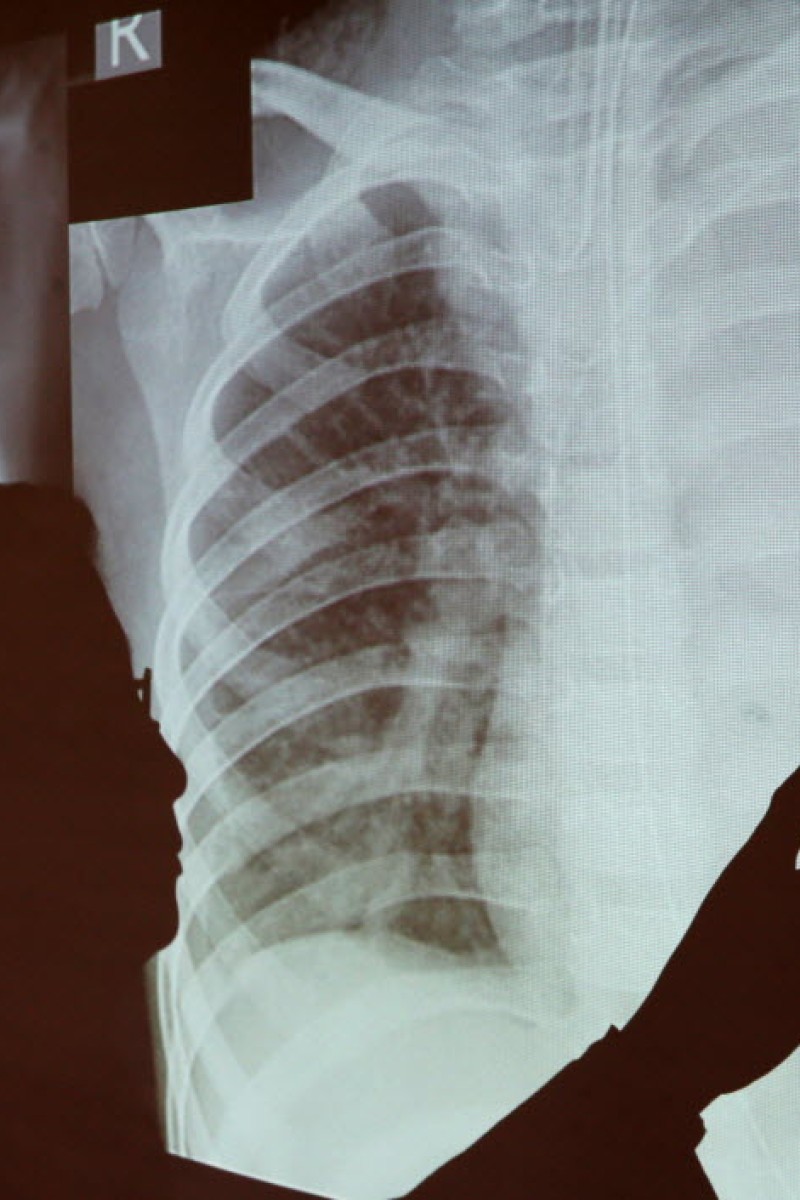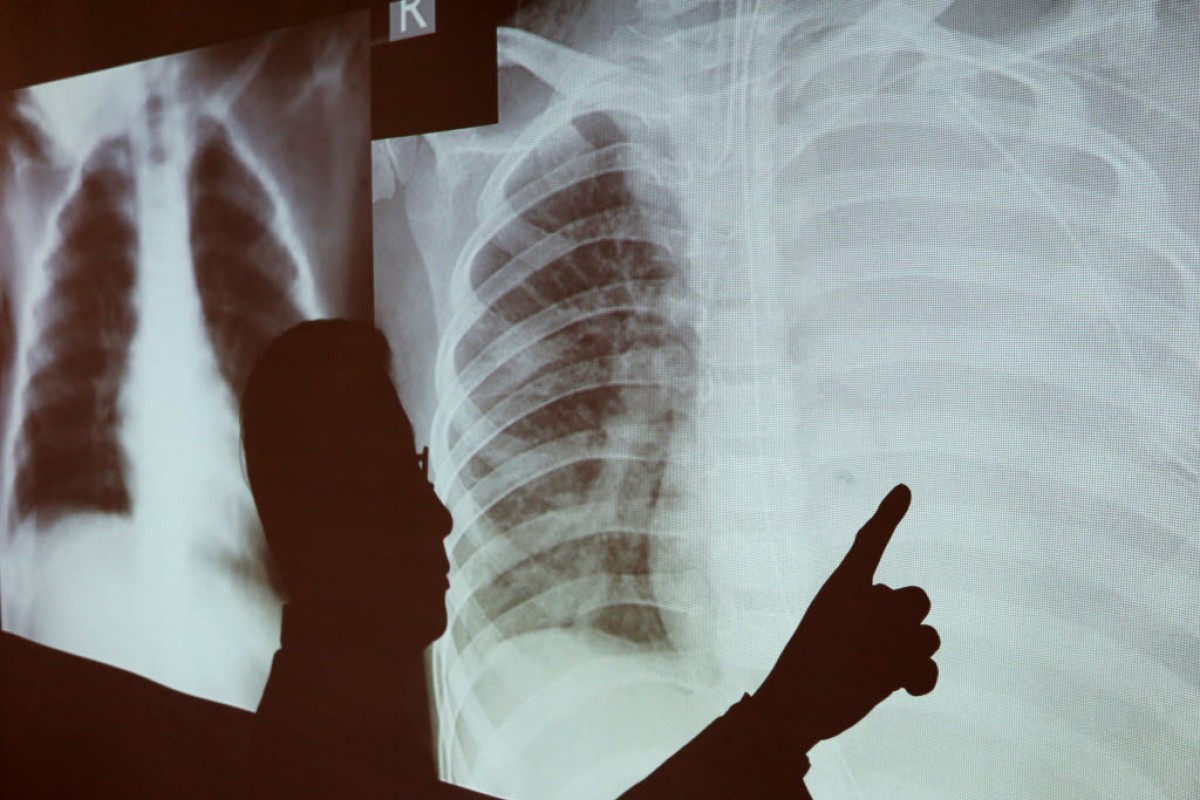
As a mystery disease originating in Wuhan reminds Hong Kong of the Sars epidemic, here are some facts about the lung infection
 Pneumonia is an infection of the lungs.
Pneumonia is an infection of the lungs.Pneumonia (new-moan-ee-yah) is a name used for an infection of the lungs. The name comes from the Greek word πνεύμων (pneumon) meaning “lung”.
The disease is usually caused by infection with viruses or bacteria, but not due to a single, specific virus or bacteria.
It kills millions of people a year, but is not always that serious. While it can affect anyone, it’s more likely to be seen in children under five years old, in the elderly and in people who are ill.
As flu season approaches, what is influenza?
Symptoms include a high fever, chills, difficulty breathing, fatigue, chest pain and a cough, usually with a lot of phlegm that is either greenish or reddish.
In good news, healthy young people very seldom get pneumonia.
A person’s risk of getting pneumonia increase if that person smokes, has other diseases – like diabetes, smokes or has asthma or other lung diseases.
How to prevent pneumonia
- Wash your hands regularly, before meals, after going to the bathroom, after going on public transport, returning from school
- Stay away from people who are sick
- Consider fist bumps rather than handshakes
- Keep healthy habits: exercise regularly, eat healthily, get enough sleep
- Cover your mouth and nose if you cough of sneeze. The best way to cover your mouth and nose is to use a tissue, and dispose of it properly – either flushing it down the toilet or putting it into a secure rubbish bin.
